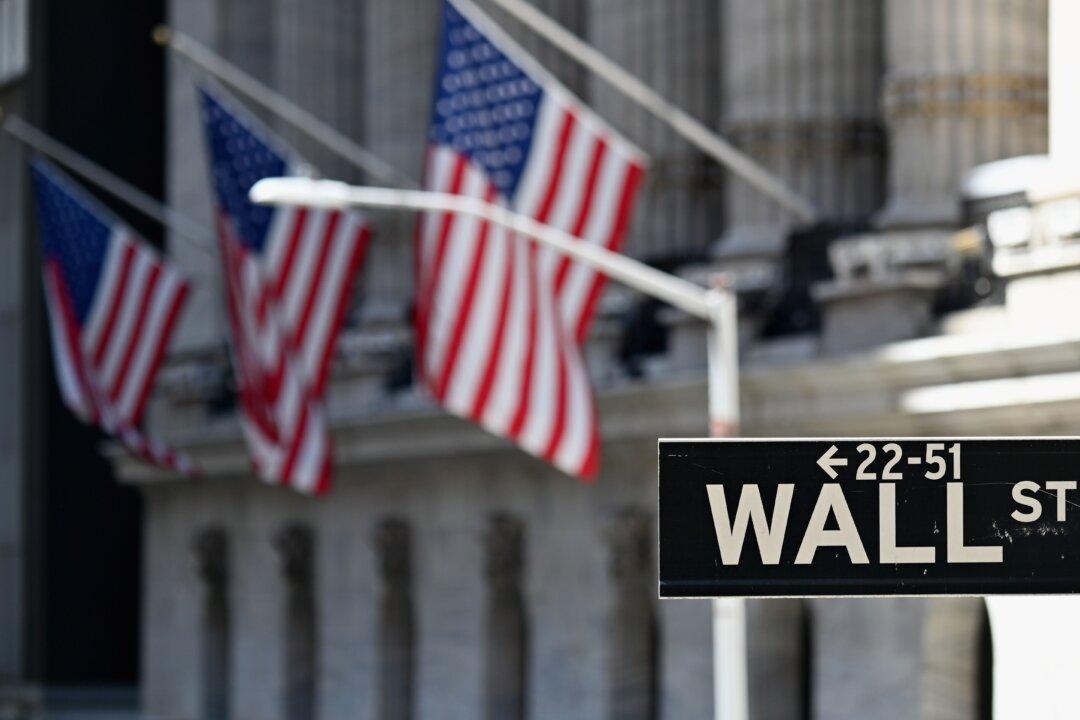News Analysis
The Chinese regime under Xi Jinping recently disciplined a number of private companies that have close ties with Xi’s political opponent, the Jiang Zemin faction. The series of crackdowns caught Wall Street by surprise.

The Chinese regime under Xi Jinping recently disciplined a number of private companies that have close ties with Xi’s political opponent, the Jiang Zemin faction. The series of crackdowns caught Wall Street by surprise.